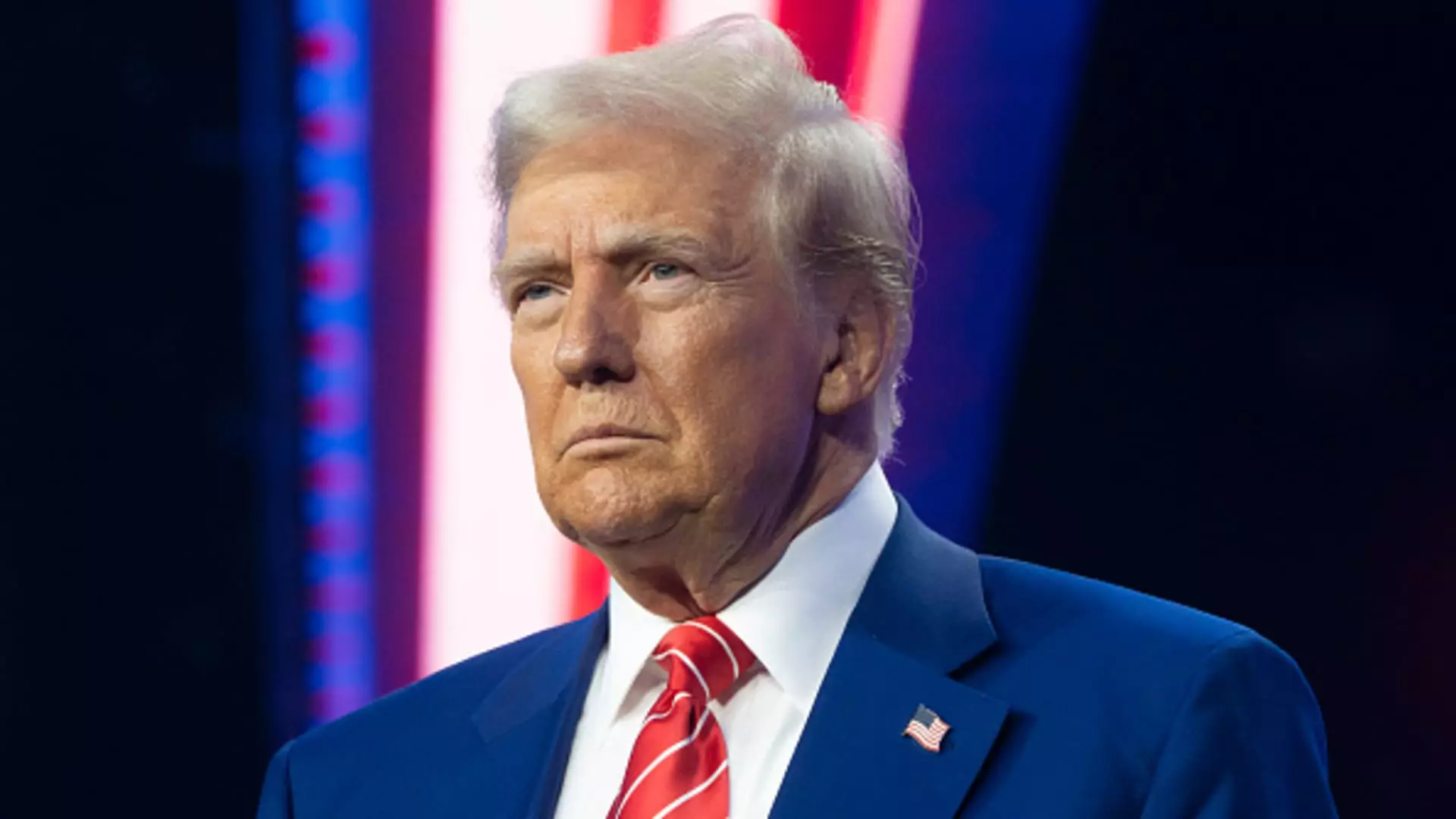The passing of Jimmy Carter, a former U.S. president whose life spanned a remarkable century, marks a significant occasion in American history. President-elect Donald Trump’s announcement of his intent to attend Carter’s state funeral at the National Cathedral underscores the importance of acknowledging past leaders, regardless of political affiliation. By choosing to participate in this solemn event, Trump not only shows respect for Carter’s legacy but also reinforces the tradition of bipartisanship that often characterizes such moments in American civic life.
However, the lack of specificity regarding any conversations Trump may have had with Carter’s family can be interpreted through various lenses. It raises questions about personal connections between politicians across generations and serves as a reminder that the political landscape can often overshadow personal relationships.
The Power Struggle Within Republican Ranks
The political narrative surrounding Trump’s presence at Carter’s funeral is intertwined with his robust support for House Speaker Mike Johnson. As the newly elected Congress prepares to choose its leader, Trump’s endorsement of Johnson stands as a critical element in the upcoming vote. Johnson, who assumed the role just a few months prior, finds himself in a contentious environment where allegiance among his Republican peers is wavering.
Trump’s assertion that Johnson is the only viable candidate has profound implications. It reflects not only his influence over party dynamics but also the fractious nature of the current political climate within the GOP. As evidenced by the rebellion of thirty-four Republican members against Johnson’s funding proposal, the party’s internal divisions pose substantial risks to his leadership. This situation hints at deeper ideological divides that could impede Johnson’s efforts to unite the party.
Looking Ahead: The Implications of Trump’s Influence
As we look towards the upcoming election for House Speaker, Trump’s predictions regarding Johnson’s support may play a pivotal role. His claim that “almost everybody likes him” emphasizes the necessity for party cohesion at a time when visibility into internal disagreements is glaring. However, such optimism needs to be tempered with the reality of recent Republican dissent against Johnson, suggesting that sentiments within the party could be more fractured than Trump portrays.
Trump’s remarks about Johnson could also serve as a telegraphing of his broader strategy for maintaining influence within the party as he navigates the post-presidential landscape. By appearing at significant events, like Carter’s funeral, while simultaneously reinforcing his alignment with key figures such as Johnson, Trump positions himself as both a historical steward and a contemporary power broker within the GOP.
In sum, the confluence of honoring a respected former president while grappling with contemporary political challenges encapsulates the dual nature of American politics today. Trump’s commitment to attending Carter’s funeral signals an acknowledgment of history, while his focus on Johnson’s leadership underscores the ongoing rivalry within Republican ranks. As the nation prepares for the implications of upcoming elections, both the respect for legacies and the harsh realities of political maneuvering remain at the forefront of discourse.

